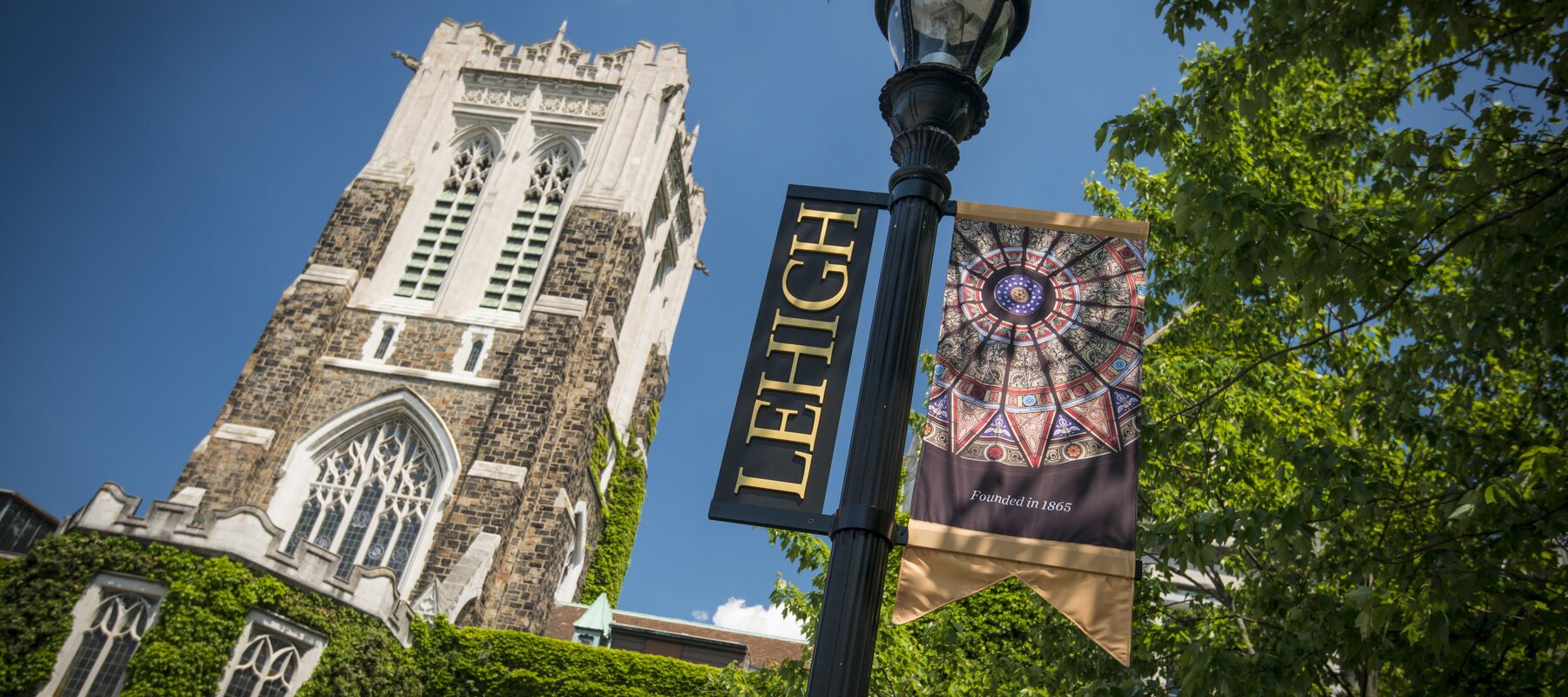Lehigh University has partnered with Scholars at Risk, a network of over 500 institutions worldwide working to protect threatened scholars and promote academic freedom.
Scholars at Risk allows scholars who are suppressed by their government, culture or country to temporarily settle at a member institution in order to teach or conduct research. The organization's network expands over five continents, helping scholars who have fled their home countries due to harassment, loss of job or even threat to life. Lehigh is now part of this distinguished network.
Scholars at Risk receives applications from all over the world and vets those applications on two main criteria: how the scholar will fit into the program and the level of risk the scholar is currently facing. The most common way for a scholar to apply is online, and these applications remain anonymous. Upon acceptance into the program, a scholar will either take part in a traveling speaker series at member institutions or be temporarily hosted to conduct research. Lehigh will likely host a speaker series before hosting a scholar for an extended period of time.
“I think that it is important that Lehigh be a part of Scholars at Risk because of their mission to support and defend the principles of academic freedom and to defend the human rights of scholars around the world,” says Cheryl Matherly, vice president and vice provost for international affairs at Lehigh.
“Academic freedom, or the freedom of inquiry by faculty, is essential to the mission of higher education, and faculty should have the freedom to teach or communicate ideas without risk,” she says. Matherly was integral in facilitating the partnership between Lehigh and Scholars at Risk.
Lehigh’s partnership with Scholars at Risk means much more than hosting international academics and educators. Lehigh students, faculty, staff and administration are standing in solidarity with scholars who are suffering, offering a safe haven for those who can’t be safe in their own homes.
“It’s a really great thing for Lehigh to be a part of, because it says that the university stands behind academic freedom,” says Stacy Burger, Lehigh’s director of global partnerships and strategic initiatives.
Aside from promoting academic freedom, another reason for Lehigh to become an institutional member of Scholars at Risk was to build academic collaboration. With partners of Scholars at Risk all over the world, Lehigh becomes part of a distinguished network in the world of higher education. The network reaches to far places like Australia and Kenya, and the network is also close to home, including other Lehigh Valley institutions Muhlenberg College and Lafayette College.
“Lehigh has a number of partners right next door,” says Joyce Pisarello, director of membership and university relations at Scholars at Risk. “There’s a lot of opportunity for engagment... It just seems like a perfect fit for us to bring Lehigh on board, particularly with what a leader Lehigh has been not only in international education but also in experiential learning.”
Another exciting piece of Scholars at Risk is student participation. Students at member institutions have the ability to learn from and engage with visiting scholars. The student advocacy programs allow students to learn more about human rights and academic freedom by participating in workshops and conferences. Lehigh’s next step is to form a faculty advisory group to support resources to Scholars at Risk for students and faculty.
While joining Scholars at Risk is an exciting step, the COVID-19 pandemic will likely prove to be a hindrance. International travel is limited, and hopeful scholars won’t be able to visit Lehigh while the community conducts the majority of its operations remotely. The school remains patient for the day it is able to host a visiting scholar.
As Lehigh embarks on this special journey, it’s important to emphasize Scholars at Risk’s focus on academic freedom. The mission of Scholars at Risk is to protect scholars and the freedom to think, question and share ideas. The institutional network of the program bolsters a community of higher education and allows for the free flow of thought and information. Above all, perhaps, Lehigh is joining an eminent network of worldwide institutions that is sure to increase international perspective and collaboration at the university.
